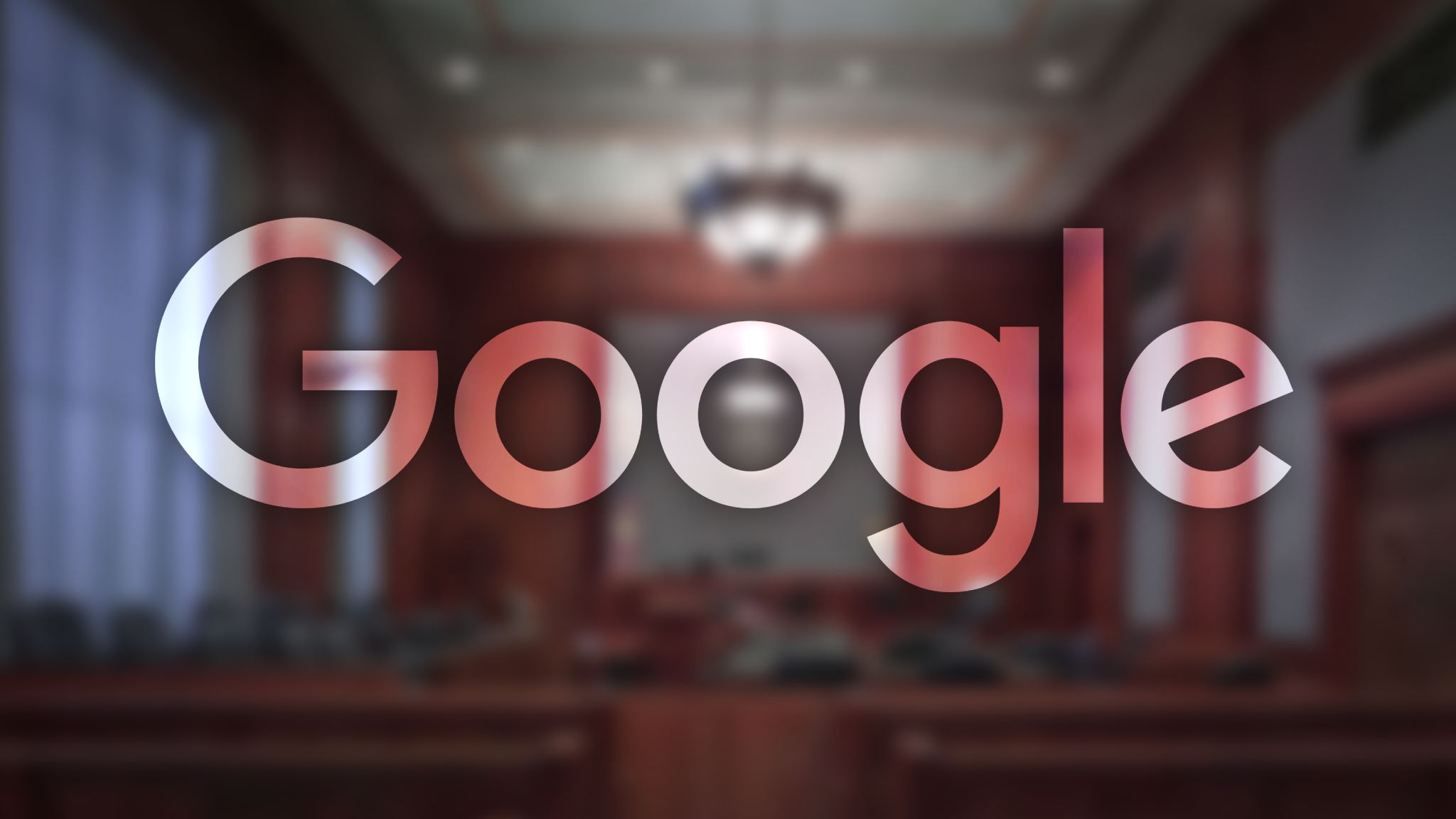India’s negate of affairs to Google asks in case your Search ad is misleading
Source: Pixabay
In nowadays’s interconnected world, digital promoting serves as a linchpin for corporations. As corporations strive for on-line prominence, they incessantly safe themselves navigating the advanced interplay between promoting ideas and intellectual property rights. Most fashionable events in India underscore this intricacy, while a broader survey at the tech world, as we no longer too long within the past highlighted in a case pertaining to 4G abilities patents, suggests that such challenges need to no longer isolated.
The Delhi High Court docket has shaken the pillars of on-line promoting with its ruling on Google’s Classified ads program. By inserting it inside of the scope of the nation’s Emblems Act, the court’s decision obliges Google to exclude commercials that breach trademark rights.
Abstract
- Delhi High Court docket ruling challenges Google’s Classified ads program, obliging the corporate to exclude commercials that breach trademark rights.
- Google’s put collectively of recommending competitors’ products as capacity keywords is at the coronary heart of the bother.
- The court’s verdict sheds light on Google’s influential role within the ad enterprise and has profound implications for digital ad operations in India.
The precipitating event for this verdict was a criticism from DRS, an Indian logistics company. Their competition was that searches for his or her trademark “Agarwal Packers and Movers” resulted in competitor commercials, suggesting that Google was leveraging DRS’s trademark to channel customers to competing sites.
Worrisome here is Google’s put collectively of recommending competitors’ trademarks to advertisers as capacity keywords. This has twin implications: it boosts Google’s keyword gross sales profits and complicates issues for corporations. As reported by TechCrunch, Nithin Kamath, the mind within the again of Zerodha, paints a portray where corporations are virtually coerced into promoting in opposition to their occupy keywords. Need to they refrain, they chance being overshadowed by competitors in search results.
Most often, the hot ruling from the Delhi High Court docket challenges the put collectively of competitors shopping commercials the usage of but any other particular person’s trademarked phrases. Imagine browsing for “Nintendo Swap” and seeing an ad for “Ps5.” This negate of affairs if truth be told compels trademark holders to pay Google to retain prime visibility in search results.
Google’s assertion of being a mere intermediary found little desire with the court. The decision as a replace clarify Google’s influential role, emphasizing its gigantic benefit watch over over its ad enterprise. This decision, namely within the Indian context, carries profound implications for digital ad operations.
But, as we’ve illuminated sooner than, the tech arena is no longer any stranger to intellectual property tussles, with corporations and governments in most cases clashing over patents and trademarks on a world scale. Google’s contemporary jam in India is however a chapter within the larger legend of intellectual property wars within the tech industry.






